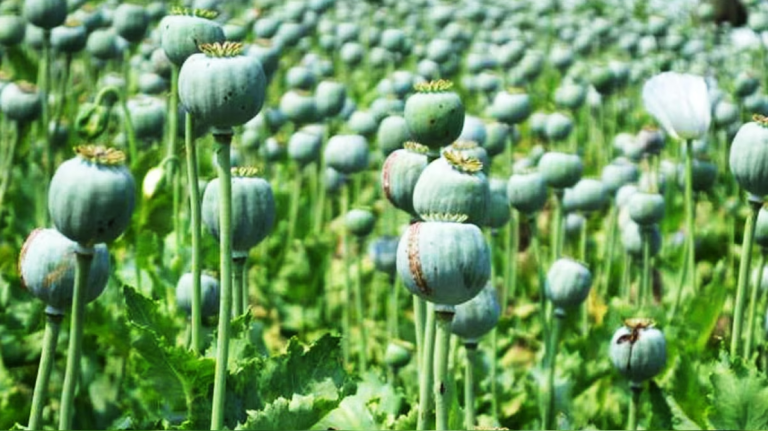A शायर( Poet) inflicts self injury to inspire youth to rebuild a torn nation.- Tandon Sir
PART-I
It is the colonialist who promoted the cultivation of cash crops like Indigo, Opium and cotton in india. This led to economic exploitation of farmer in many ways. However this also had the consequences of fueling discontent and anti-colonial feeling among the farmers. Cash crops were essentially meant to benefit the British economy and resulted in economic drain along with unfair trade practices which cause poverty and deprivation among the Indian masses. Many peasant movements leading to freedom struggle organised by Mahatma Gandhi providing resistance to oppressive policies related to cash crops.Champaran satyagrah focusing on grievance of indigo and cotton farmer is a good example. Many historians claim that cash crops played an important role in the dynamics of freedom struggle.
Opium and the war associated with it has played even a more significant role in China’s history because it was a turning point that led to CHINA’S AWAKENING AS A NATION. China was practically a sleeping giant prior to opium war ruled by Qing dynasty. The defeat with Britain over the opium trade jolted China to the need for modernisation. The treaty China was forced to sign and provide concession to foreign power along with opium addiction that were having devastating effect on Chinese society were one of the important reason for demise of Qing dynasty.
The positive aspect of this opium saga is to provide a wake up call for nationalist leaders of China as the need to modernise the military economy in order to protect its sovereignty and ultimately leading to rise of China as modern state.
Historically the opium trade impacted different parts of India to different extent. Mumbai( that time known as Bombay) being a major port served as a hub for East India companies opium trade with China. This brought lot of economic benefits and led to growth of Bombay as a commercial centre. The wealth generated from trade developed the Mumbai’s economy.
However, Bengal was one of the main areas particularly the region of Bengal presidency where opium was cultivated. Ironically this did not bring any benefit to the region instead led to the exploitation and hardships in the region. Thus opium trade had an uneven impact on the economy where Mumbai got the cake and Calcutta just to look on it.

